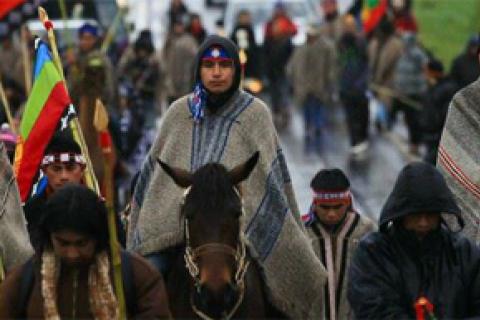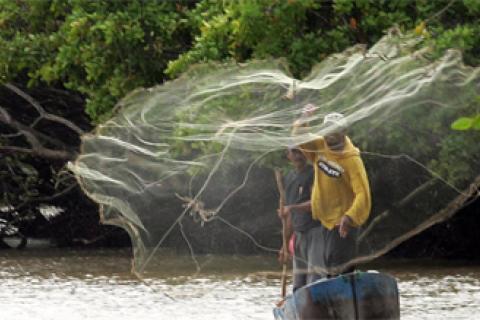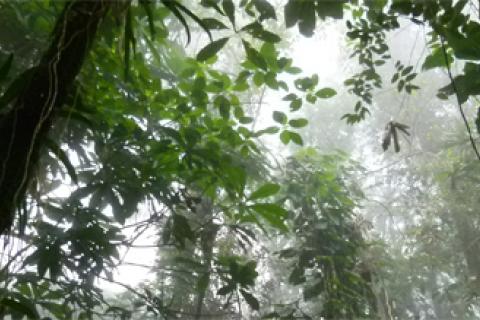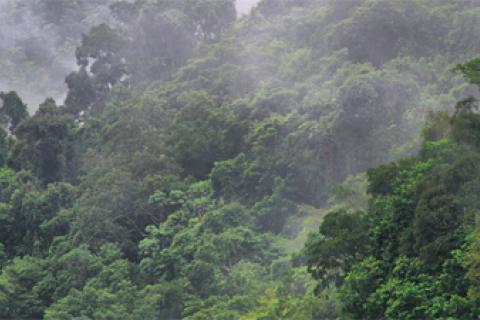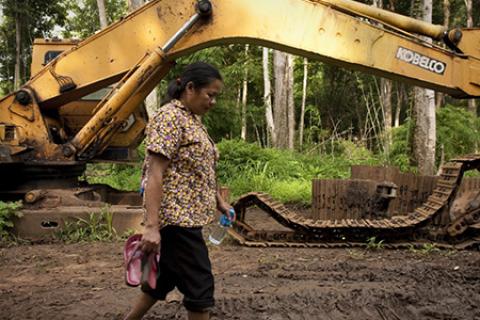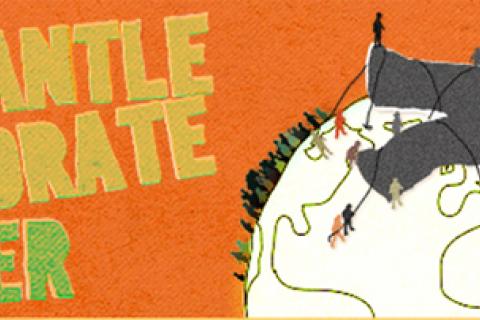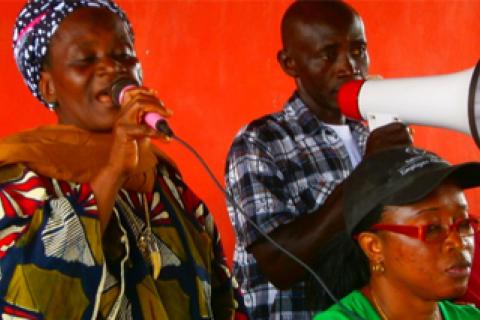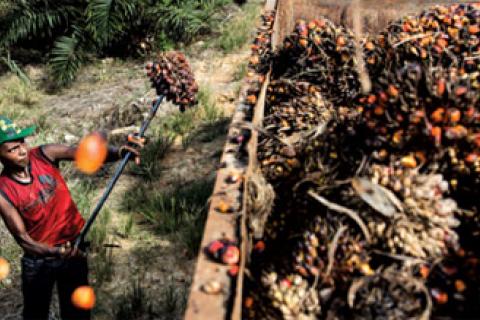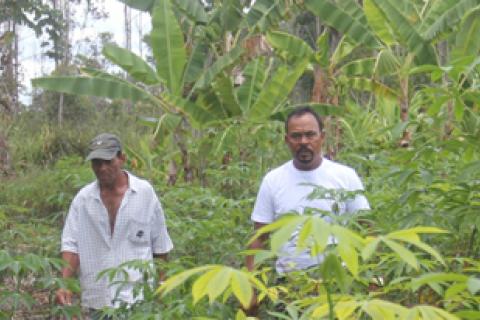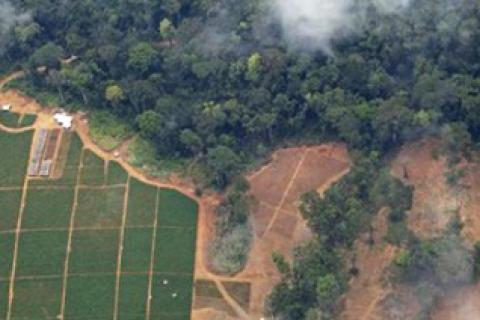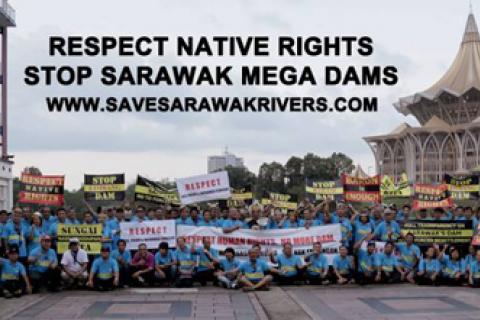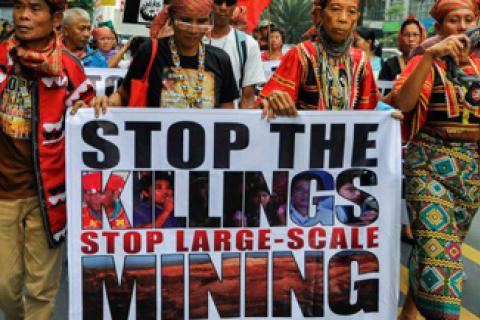Historically, relations between Mapuche indigenous communities and the forestry industry have been marked by conflict, primarily because of the expansion of industrial tree plantations on lands that are part of the Mapuche territory and the impact of these plantations on the communities’ habitat.
Bulletin articles
Content of this article:
Introduction
- Box: What is being traded in ‘Ecosystem Service’ Markets?
From PES to ‘offset’ payments for ‘environmental services’
- Different types of PES
- From simple trade to complex financial market transaction
- Spot the differences
Human rights violations and crimes perpetrated by Transnational Corporations (TNCs) are no isolated facts. Rather, as documentation of such violations in Latin America and many denunciations in other continents show, they are of systemic character. Even so, corporate violations enjoy a widespread level of impunity.
On December 9, 2013, a meeting was called in Pujehun District over the lease of 6,500 hectares of prime farmland in this southeastern part of Sierra Leone. Local sources said elders called the meeting to allow people to again express their grievances to the Paramount Chief over the lease of land to the Socfin Agricultural Company.
Photo: E. Benjamin Skinner
Malaysia
Malaysiahas become a destination for migrant workers from other Southeast Asian countries– mainly Indonesia, Thailand, andBangladesh – who usually occupy low-wage unskilled jobs in different sectors including the labor-intensivepalm oil industry.
Photo: credito: Greenpeace/Alex Yallop
On 25 November 2013, the President of Cameroon issued three decrees granting 19,843 ha of native land to SGSustainable Oils Cameroon/Herakles Farms in southwest Cameroonfor the establishment of a large-scale oil palm plantation.
300 indigenous people protested against Sarwak's dams at the congress of the International Hydropower Association (IHA) this May in Kuching - Photo: Bruno Manser Fonds
A history of resource exploitation, corruption and human rights abuses
Photo: http://www.minesandcommunities.org/
The criminalization of social protest upheld by local communities is a worldwide phenomenon. In Latin America, the Latin American Observatory of Mining Conflicts (OCMAL), a network comprising social organizations, has issued the following declaration denouncing the violent repression of opposition against the mining companies in the region:
